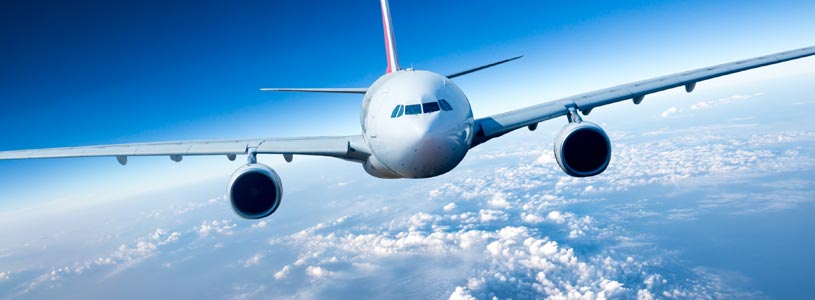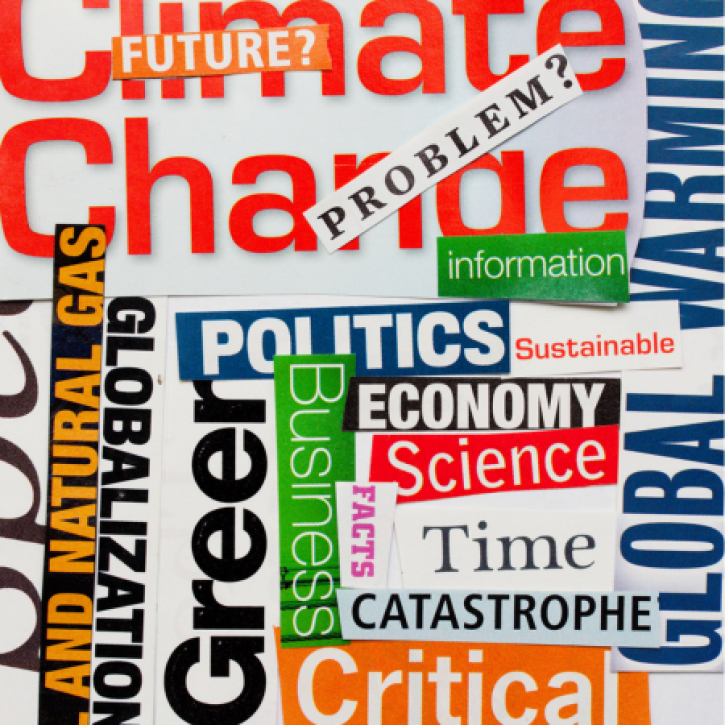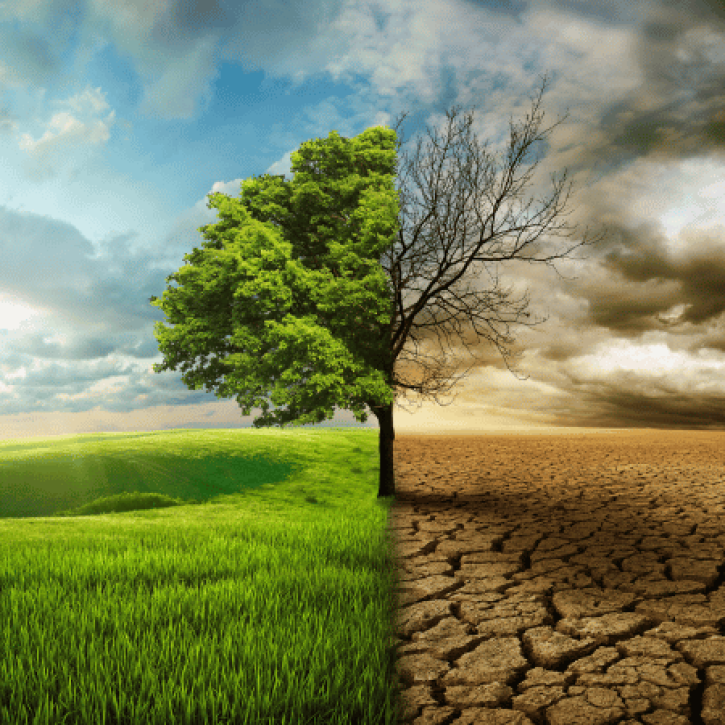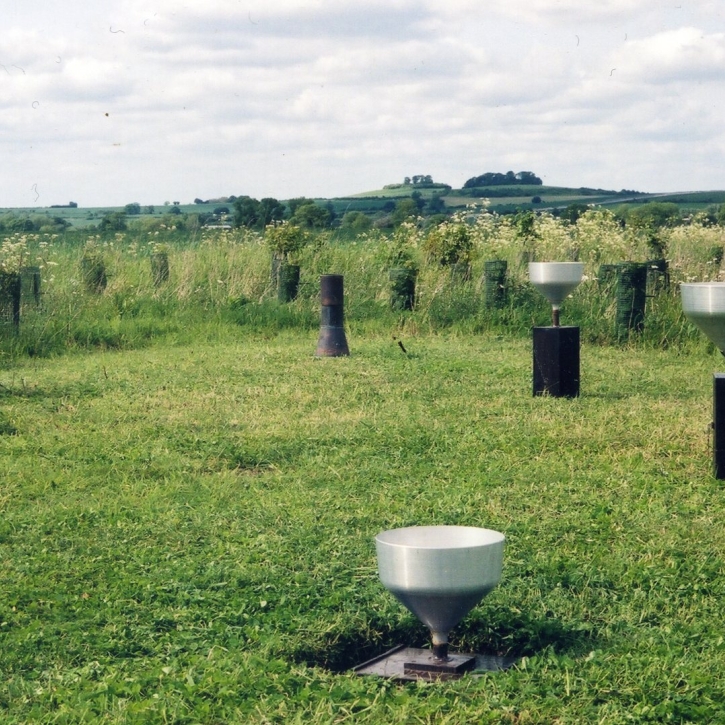

Turbulence Ahead! How Climate Change Affects Air Travel.
LOCATION
16-18 Queen Square
Bath
Somerset
BA1 2HN
United Kingdom
SPEAKER | Dr Paul Williams FRMetS, University of Reading.
The climate is changing, not just where we live at ground level, but also where we fly at 35,000 feet. Everybody knows that air travel contributes to climate change through its emissions. However, scientists have only recently become aware that climate change could have significant consequences for air travel. Rising sea levels and storm surges threaten coastal airports. Warmer air at ground level reduces the lift force and makes it more difficult for planes to take-off. More extreme weather may cause flight disruptions and delays. Clear-air turbulence is expected to become up to 40% stronger and twice as common. Transatlantic flights may take significantly longer because of changes to the jet stream, adding millions of dollars to airline fuel costs.
BIOGRAPHY | Paul Williams went to school in County Durham before moving to the University of Oxford, where he gained a DPhil in Atmospheric, Oceanic and Planetary Physics. In 2003 he joined the Department of Meteorology at the University of Reading, where he is now Professor of Atmospheric Science.
Paul studies the atmosphere and ocean, focusing on geophysical fluid dynamics, climate change and numerical modelling. On the GFD/climate side, he is interested in how waves, turbulence and jets are generated and how they will respond to climate change. On the modelling side, he is interested in improving simulations by designing better time-stepping methods and developing stochastic representations of sub-grid scale features.
SPEAKER | Dr Paul Williams FRMetS, University of Reading.
The climate is changing, not just where we live at ground level, but also where we fly at 35,000 feet. Everybody knows that air travel contributes to climate change through its emissions. However, scientists have only recently become aware that climate change could have significant consequences for air travel. Rising sea levels and storm surges threaten coastal airports. Warmer air at ground level reduces the lift force and makes it more difficult for planes to take-off. More extreme weather may cause flight disruptions and delays. Clear-air turbulence is expected to become up to 40% stronger and twice as common. Transatlantic flights may take significantly longer because of changes to the jet stream, adding millions of dollars to airline fuel costs.
BIOGRAPHY | Paul Williams went to school in County Durham before moving to the University of Oxford, where he gained a DPhil in Atmospheric, Oceanic and Planetary Physics. In 2003 he joined the Department of Meteorology at the University of Reading, where he is now Professor of Atmospheric Science.
Paul studies the atmosphere and ocean, focusing on geophysical fluid dynamics, climate change and numerical modelling. On the GFD/climate side, he is interested in how waves, turbulence and jets are generated and how they will respond to climate change. On the modelling side, he is interested in improving simulations by designing better time-stepping methods and developing stochastic representations of sub-grid scale features.





